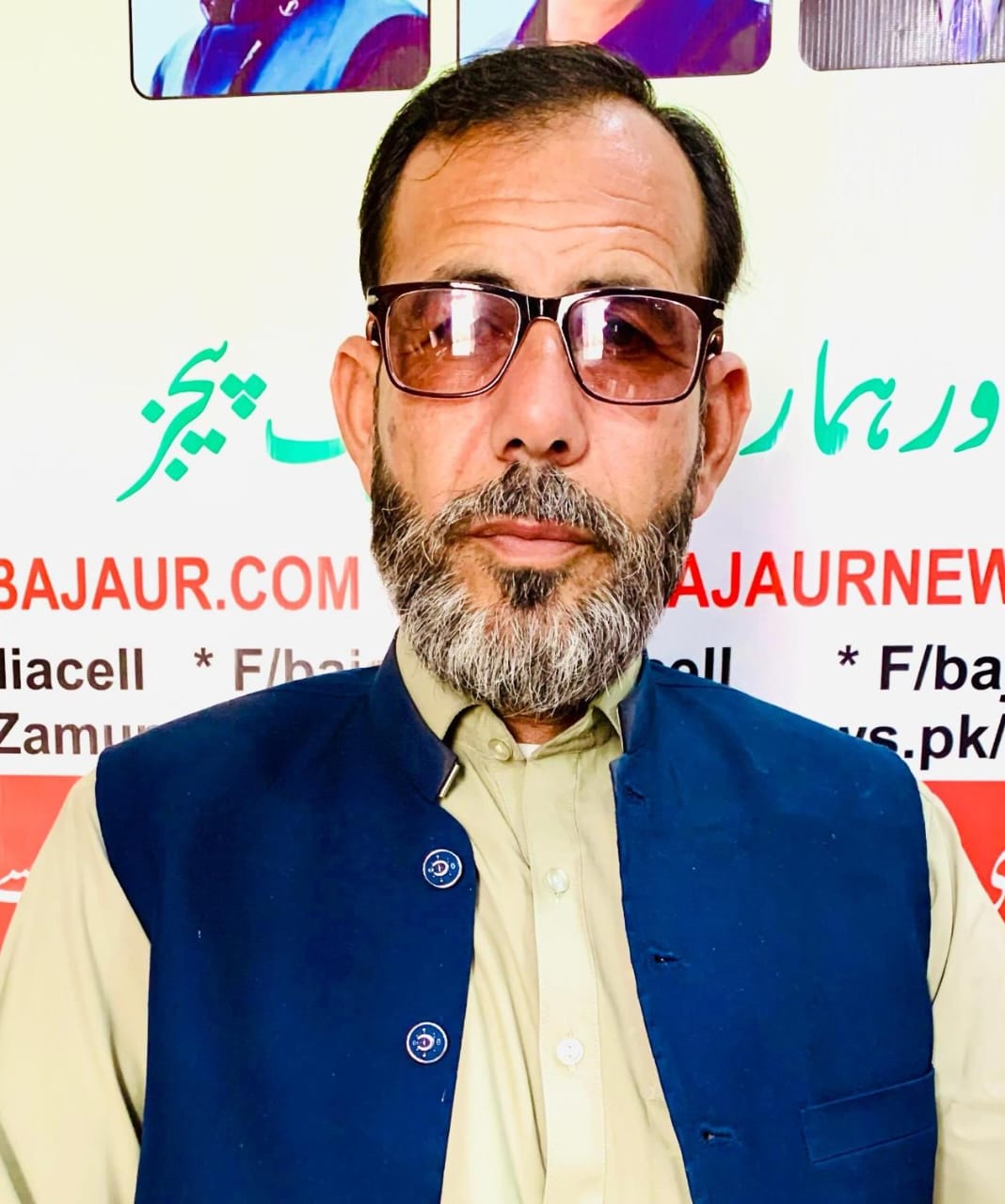By Anwarzada Gulyar
Eid al-Adha, one of the most significant festivals in the Islamic calendar, symbolizes sacrifice and selflessness. It commemorates the profound act of devotion by Prophet Ibrahim (Abraham, peace be upon him), who was willing to sacrifice his son Ismail (Ishmael, peace be upon him) in obedience to God’s command. In remembrance of this historic event, Muslims around the world continue the tradition of animal sacrifice. The meat from the sacrifice is distributed in three equal parts: one for the poor and needy, another for relatives and friends, and the third for one’s own household—following the prophetic tradition.
However, it is disheartening to observe how, over time, the essence of this sacred ritual has diminished. In earlier days, people regarded Qurbani (sacrifice) as an act of worship, aimed not merely at consuming meat but at seeking divine pleasure and supporting the less fortunate in society. Today, the spirit of sincerity and generosity that Islam emphasizes appears to be fading in this practice.
More and more households now treat sacrificial meat as a freezer commodity. Premium, boneless cuts are often set aside for personal consumption, while portions with bones or excess trimmings are distributed sparingly—often in small parcels of half or one kilogram. Many believe this token distribution is sufficient to fulfill their religious duty. This superficial and selective giving defeats the true purpose of Qurbani. In some cases, people prioritize relatives and friends over those in genuine need, offering only a symbolic portion—if any at all—to the poor, merely to soothe their conscience.
The result is a growing disparity: affluent families enjoy a month-long feast, while the underprivileged often receive nothing more than bones. For many deserving families, Eid is the only time of year when their children hope to see or taste meat. When all they receive is a bag of bones, the joy on their faces fades into disappointment and a sense of deprivation. In such instances, the true spirit of Eid al-Adha is lost, and this sacred ritual is reduced to a mere social formality.
It is imperative that we reflect on our attitudes and realign our actions with the teachings of the Prophet Muhammad (peace be upon him). Sacrificial meat should be shared with compassion and fairness, prioritizing the poor, orphans, and those in need. This is the very soul of Qurbani. If we transform this act of worship into an opportunity for indulgence or social display, we risk not only losing its spiritual reward but also distancing ourselves from divine approval.
Eid al-Adha is not merely a time to eat or distribute meat—it is a profound reminder to sacrifice personal desires, to care for others, and to foster love, empathy, and equality in our society. Understanding, embracing, and spreading this message is a collective responsibility we must all carry.

